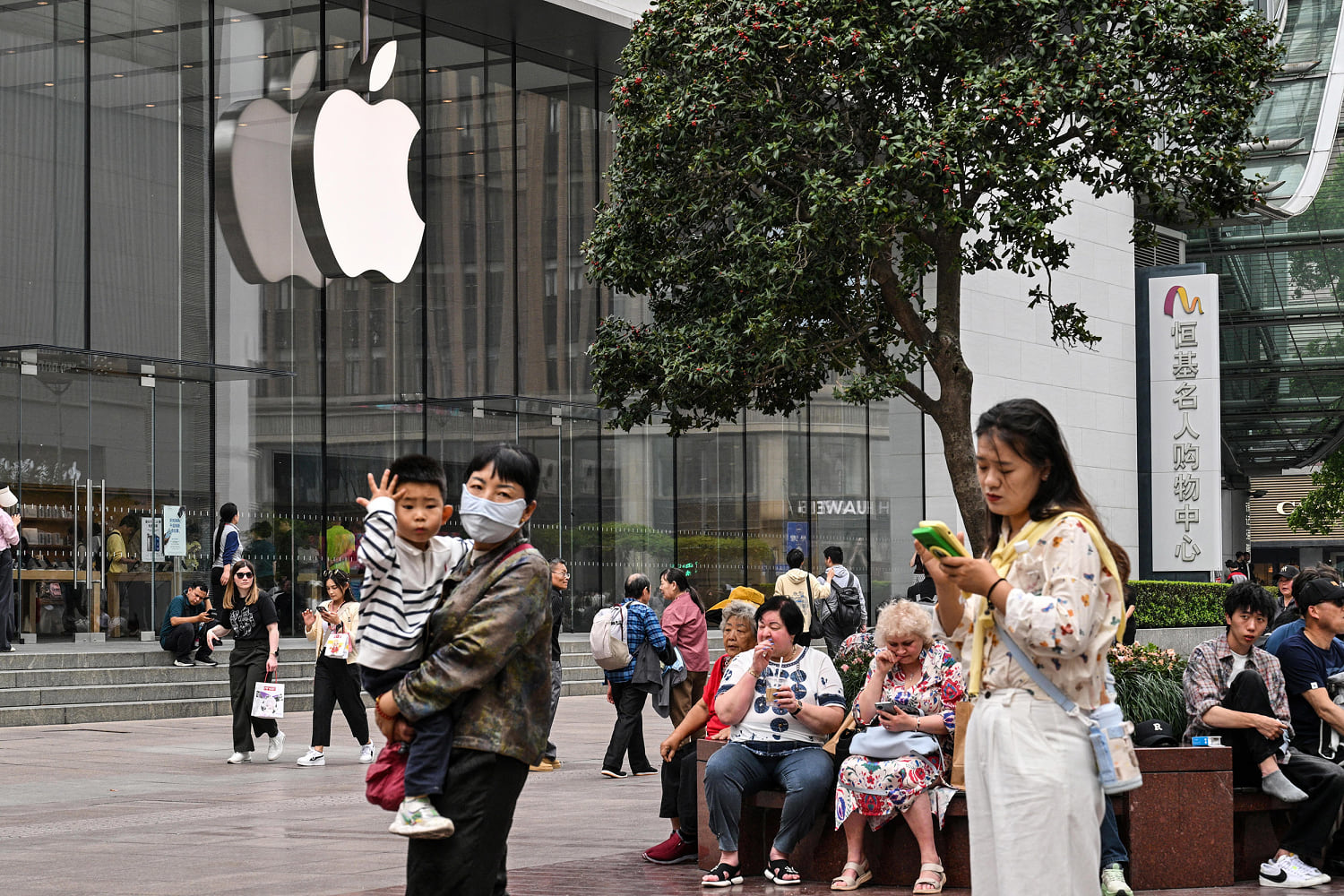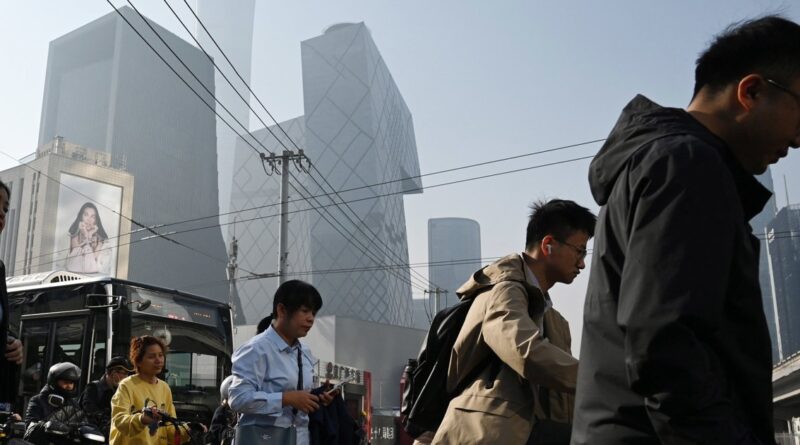Why Trump’s attempt to pressure China with ever-rising tariffs may backfire

Trump, who alleges that China has long “ripped off” the United States by selling it far more goods than it purchases, appears hopeful that Beijing will be forced into negotiations, telling reporters Thursday that the tariffs — which together with earlier levies now reach an eye-watering 145% — were his way of “resetting the table.”
Trump’s approach not only confuses China but is also likely to hinder communication and roll back progress in U.S.-China ties, analysts told NBC News.
“The specific tactics and the way they’ve been rolled out, it produced antibodies on the Chinese side,” said Rick Waters, a former State Department diplomat who is now the Singapore-based director of Carnegie China.
“Calling publicly for Xi Jinping to talk to the president… it’s just not going to work,” he added, referring to to the Chinese president.
Wu Xinbo, a government adviser serving in China’s Foreign Ministry and a professor at Fudan University in Shanghai, said Beijing had decided it was preferable to keep fighting until the U.S. was ready to compromise.
If China concedes, the U.S. will see it as a “sign of weakness” and keep pushing for more, he said.
China also has a strong distaste for Trump’s negotiating style, which is to curse, blast and push adversaries around to achieve maximum concessions, Wu said. Such tactics reinforce China’s impression that the U.S. is trying to block its development.
China “is not afraid of any unreasonable suppression,” the country’s president Xi Jinping said Friday without mentioning the U.S. by name, in his first public comments on tariffs since Trump began hiking them last week.





